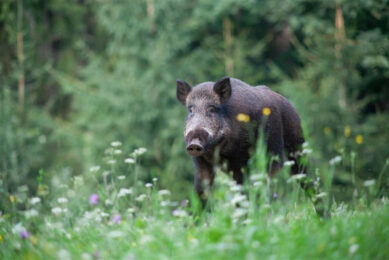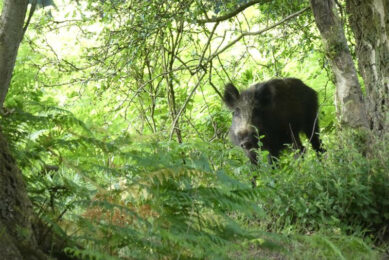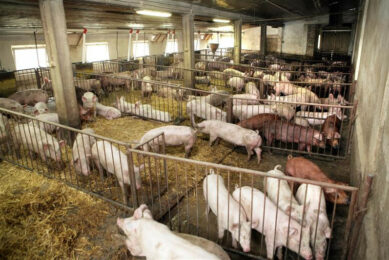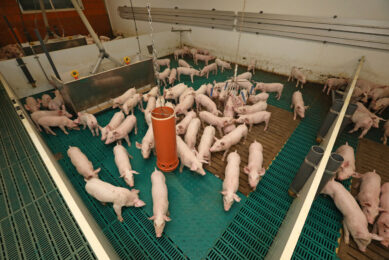ASF Poland: Germany aims to build permanent fence
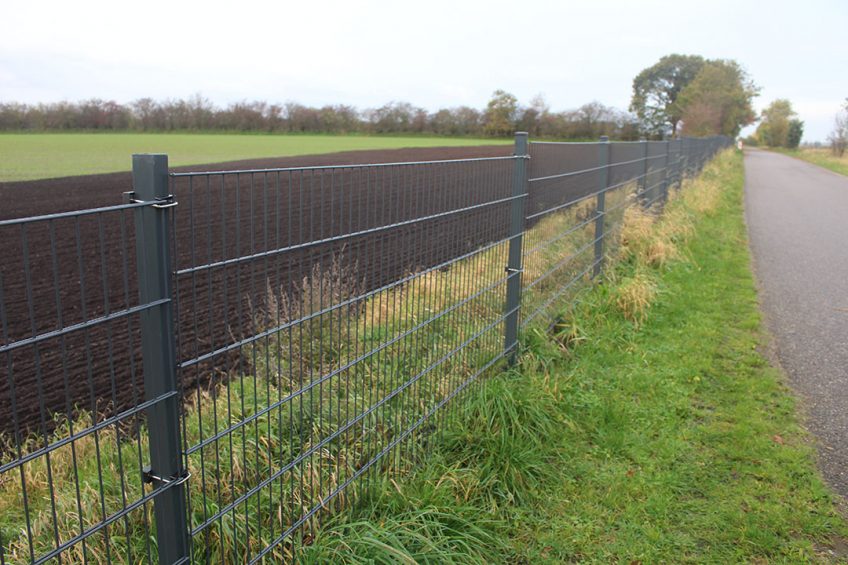
Germany has set the first steps towards the construction of a permanent fence at the borders to keep wild boar – and thus African Swine Fever – out of the country.
Germany wants to prevent wild boar, infected with African Swine Fever (ASF) entering the country from the eastern side. Earlier this year in Poland, the virus was found in a carcass at just over 10km from the border with Germany. The border between Germany and Poland is made up of the rivers Oder and Neisse – but as wild boar are decent swimmers, these rivers alone will not stop them.
Revision of animal health legislation
Various German states had therefore expressed the wish to construct a permanent fence. According to a press release by Brandenburg state, in the east of the country bordering Poland, the first step has been made, as for construction to be possible, an animal health law will have to be revised and approved. Currently, the law does not allow the placement of permanent fences for preventive purposes – something that ought to change, said Anna Heyer-Stuffer, Brandenburg state secretary for consumer protection.
A bill to this end has been drafted by the German federal council, a legislative body that represents Germany’s 16 states. The next step, before the bill will become law, would be for the German federal Parliament to vote on it. This is expected to happen this fall.

Track the movement of African Swine Fever
For everything you need to know about ASF, from the latest outbreaks to controls stay up to-date…
Construction of wild boar fence is ‘urgently necessary’
Brandenburg state is one of the states advocating the construction of a permanent, strong fence that will protect the country from ASF infected wild boar entering. In case the virus would be found in Germany, the consequences in terms of international trade will be grave. This will not only affect the swine industry but also other companies in the food chain. Heyer-Stuffer called a permanent fence to be ‘an effective means’ and ‘urgently necessary’.
Mobile fence
At the moment, Brandenburg constructed a mobile fence against wild boar. A permanent fence has already been constructed by Denmark, to protect its 70km long border from wild boar from Germany for pretty much the same reasons. This was completed last year.
Also the German state of Mecklenburg-Vorpommern has a stretch of border with Poland and this state has also moved to construct a ‘temporary’ fence, consisting of wire, according to the news channel NDR. This fence will have a length of 60 km at a cost of €1.2 million. It is expected that it will be ready by the end of the year.
ASF situation in Poland
In the whole of Poland, wild boar have been found at 2,804 locations in the whole of the country, the majority of them being in the east side of the country. Since November 2019, however, a separate cluster appeared in the west, relatively close to the German border. At the moment, 1,807 wild boar have been found infected in Western Poland alone – in an area that spans 104km east to west and 69km north to south. The reported animals were either dead, hit by a car or shot.
In recent months, in western Poland, 4 farms were found infected with ASF. Two of them were commercial pig farms, and 2 others were backyard farms.
May and June have been relatively quiet
In the bigger picture, May and June have been relatively quiet with fewer reports of ASF infected wild boar from Western Poland. That can be attributed to a mix of reasons, including surveillance being less intense because of Covid-19, plus the fact that wild boar tend to migrate less as feed is abundantly available. In Eastern Poland, the virus has been around in wild boar populations and (backyard) farms since 2014.



